As the golden leaves descend, the crisp air fills our mornings and pumpkin-spiced everything makes a reappearance, there's more to autumn than meets the eye. In particular, this beautiful seasonal transition bears a considerable impact on our sleep patterns, which might be less evident amidst the cozy ambiance. An understanding of these changes and adapting accordingly can significantly enhance one's well-being.
How Does Fall Impact Your Sleep?
One of the most prominent factors that intertwines sleep with the changing season is melatonin production. Melatonin, often termed the 'sleep hormone,' is primarily influenced by darkness. As autumn progresses, our days shorten, leading to earlier sunsets. This earlier onset of darkness can trigger the body to produce melatonin sooner, nudging us towards feeling sleepy earlier in the evening.
Another noteworthy aspect is the shift in temperatures. With the onset of cooler autumn nights, our body's regulation of sleep can undergo subtle changes. In essence, our sleep cycle enjoys a cool environment. As the night's temperature dips, it can facilitate a deeper and more rejuvenating sleep for many.
Not to forget, autumn heralds the end of Daylight Saving Time, a minor yet impactful shift in our schedules. This adjustment directly affects our internal body clock, the circadian rhythm. The circadian rhythm governs our sleep-wake cycle, appetite, and body temperature. A sudden change in time can sometimes misalign this rhythm, necessitating a period of adjustment.
Fall Can Mean Lots of Change

Autumn signifies the onset of several transitions that resonate not just with the environment but within our daily routines too. A deeper dive into these transitions paints a more holistic picture of the multifaceted challenges one might encounter:
Back-to-School and Routine Revamps: Fall is synonymous with the start of a new academic year. For families with school-aged children, this can mean adjusting to new schedules that might no longer align with the natural sleep-wake cycle. These changes can range from earlier wake-up times to accommodate school bus schedules, to late nights juggling homework, projects, and after-school activities. The cascading effect? An abrupt alteration in sleeping patterns, with a potential decrease in the number of restful hours.
Seasonal Affective Disorder (SAD) and its Implications: As the days grow shorter and darkness prevails for more extended periods, some individuals find themselves grappling with SAD. This condition, a subset of depression triggered by seasonal changes, predominantly arises during fall and winter. Symptoms can include persistent low mood, a penchant for oversleeping, or even insomnia. The result is a disturbed sleep pattern that might require therapeutic intervention.
Allergies – The Uninvited Guests of Fall: Autumn is not just about the mesmerizing fall foliage. It's also the peak season for mold and ragweed pollen. For those susceptible, this means potential allergic reactions that can disrupt sleep. Symptoms like nasal congestion, itchy eyes, and sneezing can make it challenging to fall asleep or maintain a deep sleep. An often-overlooked factor, allergies during this time can be as disruptive to sleep as other significant challenges.
The Lingering Effect of Daylight Saving Time: Although the practice of rolling back the clocks during fall might seem to promise an extra hour of sleep, the repercussions on our circadian rhythm can be profound. The shift, albeit minor, can misalign our internal body clocks, leading to challenges in falling asleep at the usual time or waking up feeling less refreshed.
In light of these challenges, it becomes imperative to adopt a proactive approach. Recognizing the potential disruptions and preparing for them can make the transition into autumn less daunting and more rejuvenating.
Navigating Autumn Changes

Navigating these changes might seem daunting, but modern technology and specialized care present feasible solutions. Virtual sleep care, in particular, offers personalized sleep assessments tailored to individual needs and seasonal factors. The advantage of virtual consultations, especially during the bustling fall season, is the flexibility it offers. Such services allow users to garner continuous feedback and support, adapting in real-time to optimize sleep.
Embracing autumn also involves optimizing our immediate environment and habits. Ensuring our sleep space remains dark, quiet, and cool can make a substantial difference. Equally essential is establishing a consistent sleep routine, allowing our body to anticipate and prepare for rest. As the evenings grow colder, incorporating foods like almonds, turkey, and chamomile tea into our diets can be a boon. These foods contain compounds promoting restfulness. Additionally, cultivating mindfulness practices like meditation can be invaluable. Such activities can guide the mind into a state of calm, facilitating restful sleep.
Still Feeling Unprepared? Contact Us!
As enchanting as the fall season is, it brings with it changes that can disrupt our sleep. Recognizing and adapting to these shifts can enhance our well-being, and in situations where adjustments alone don't suffice, turning to expert guidance can make a difference. Here at Empower Sleep, we’re committed to optimizing sleep health, by merging the benefits of virtual care with personalized attention, we ensure every individual reaps the best rest possible, irrespective of the season.








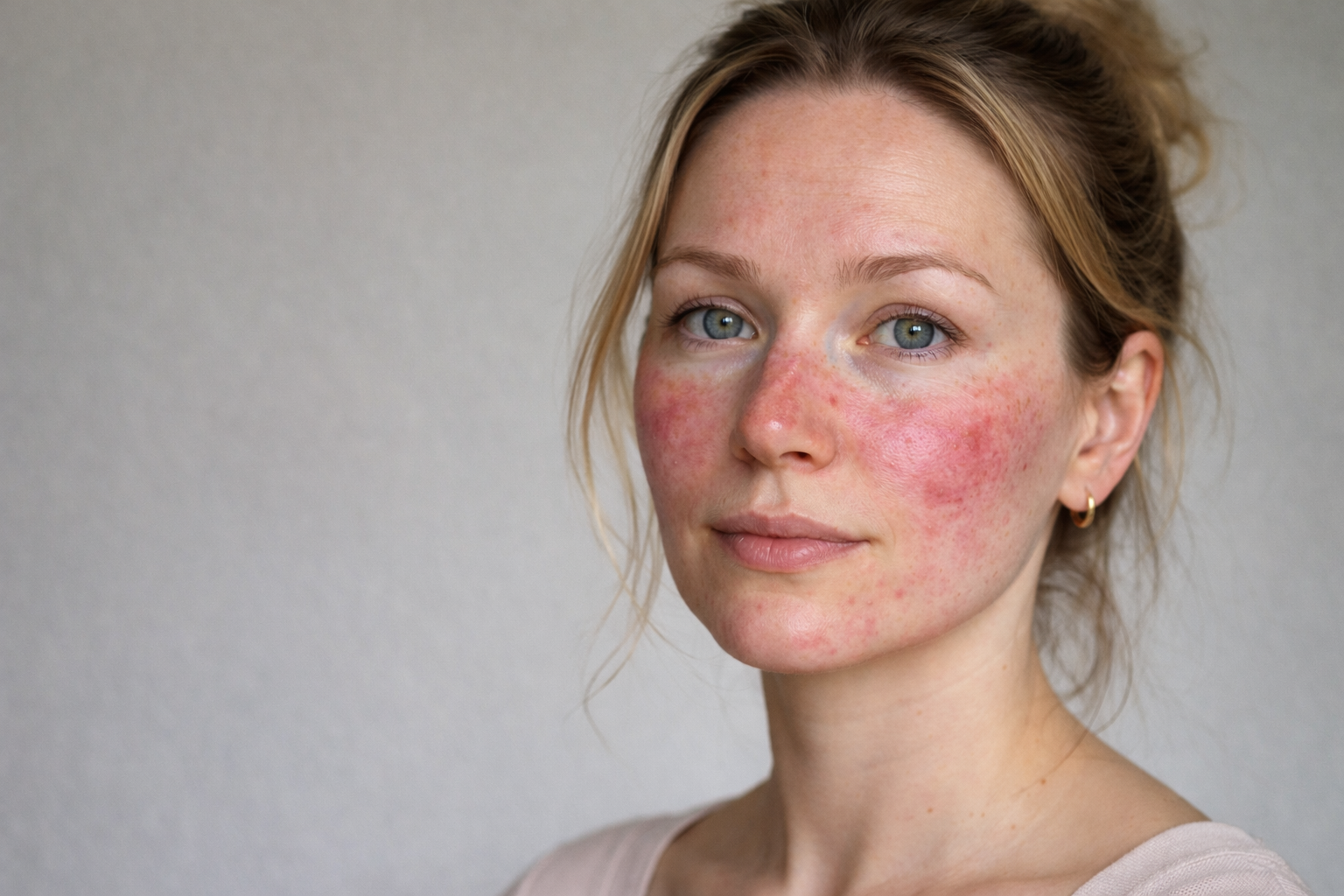


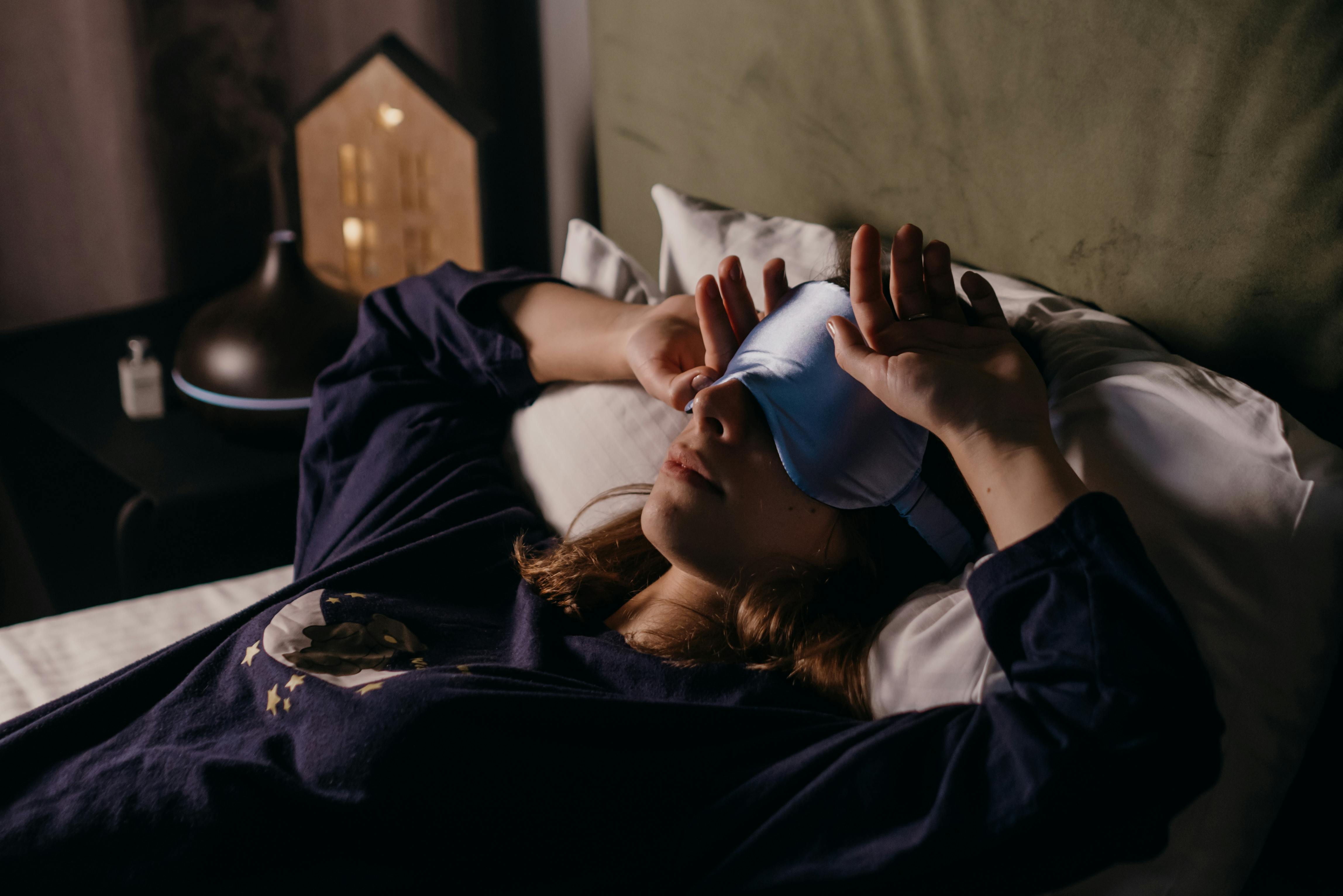



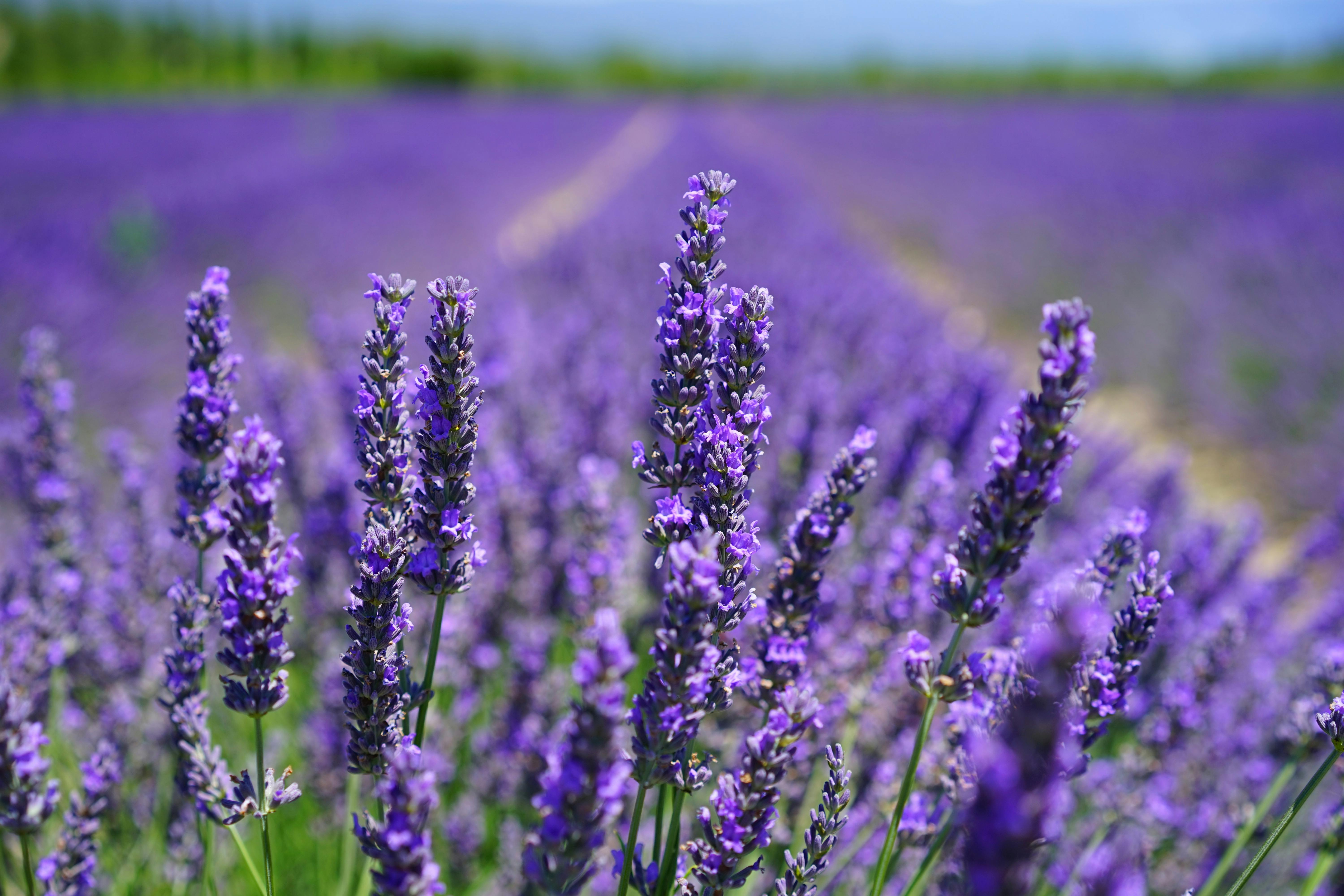






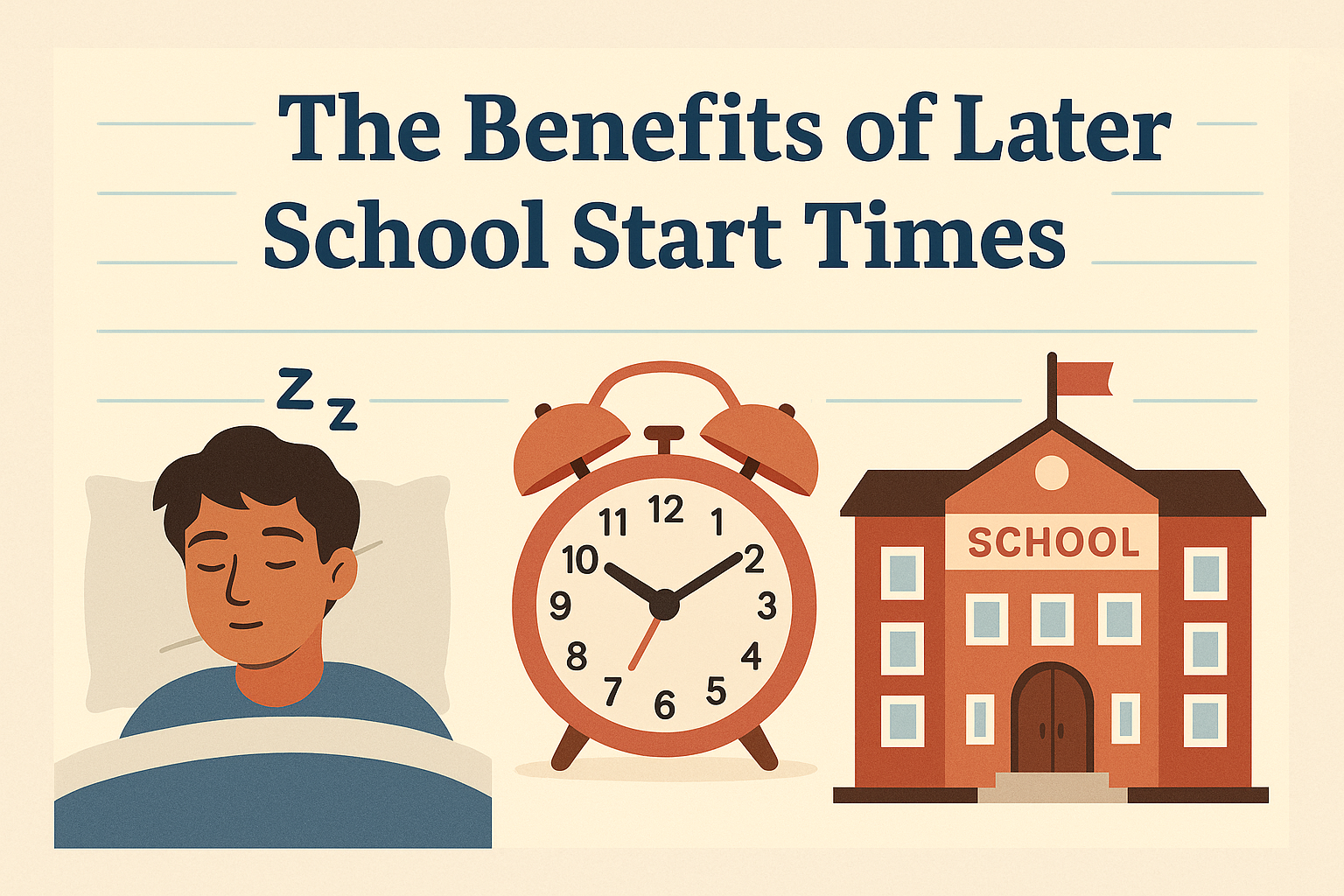




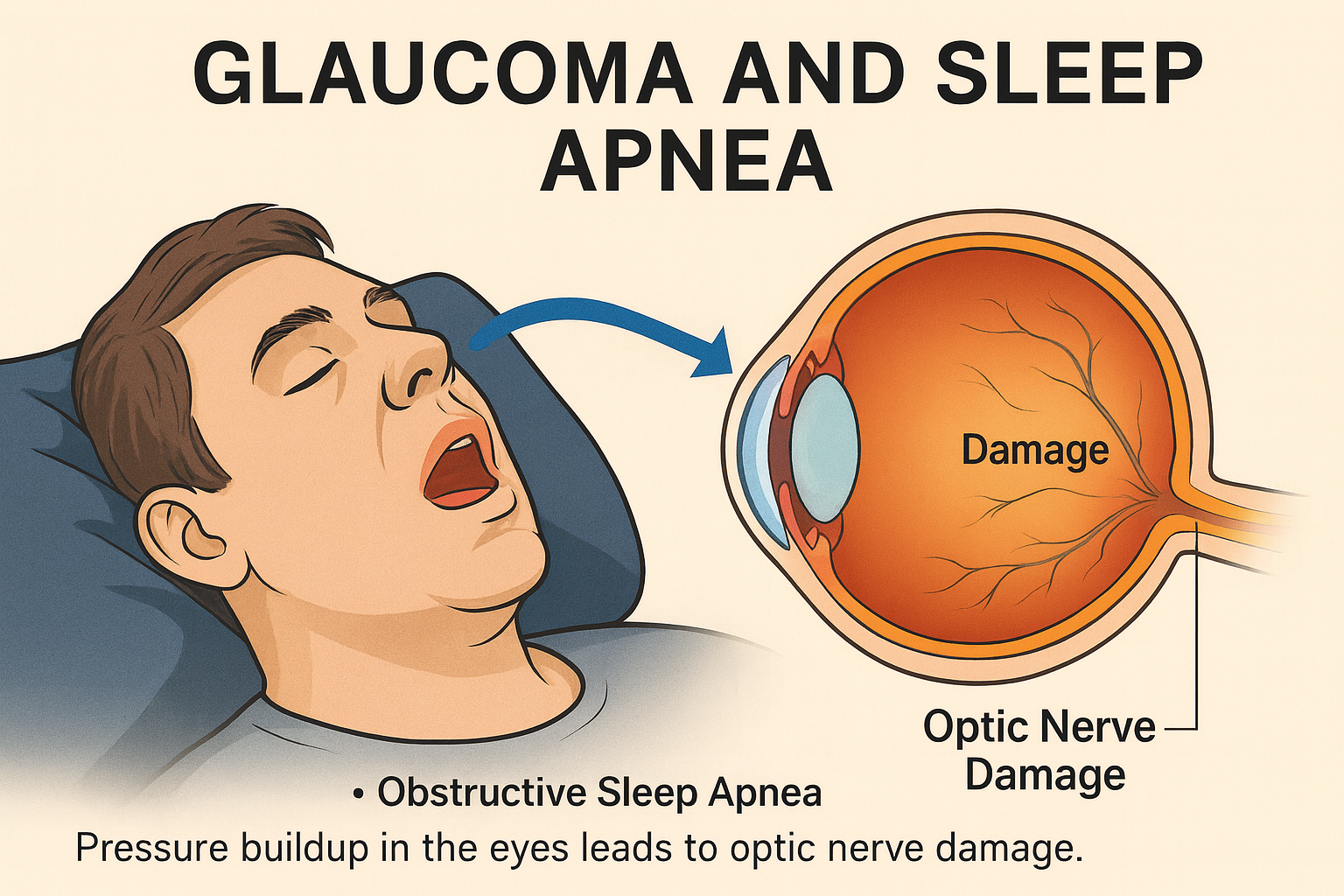

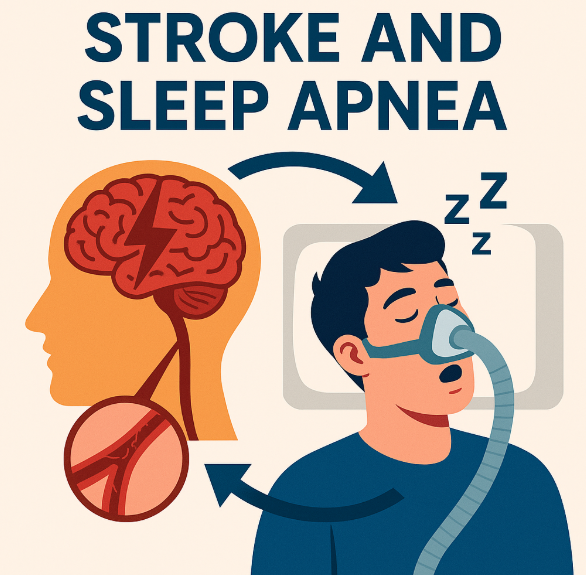
































































%20thumbnail.jpg)
.png)